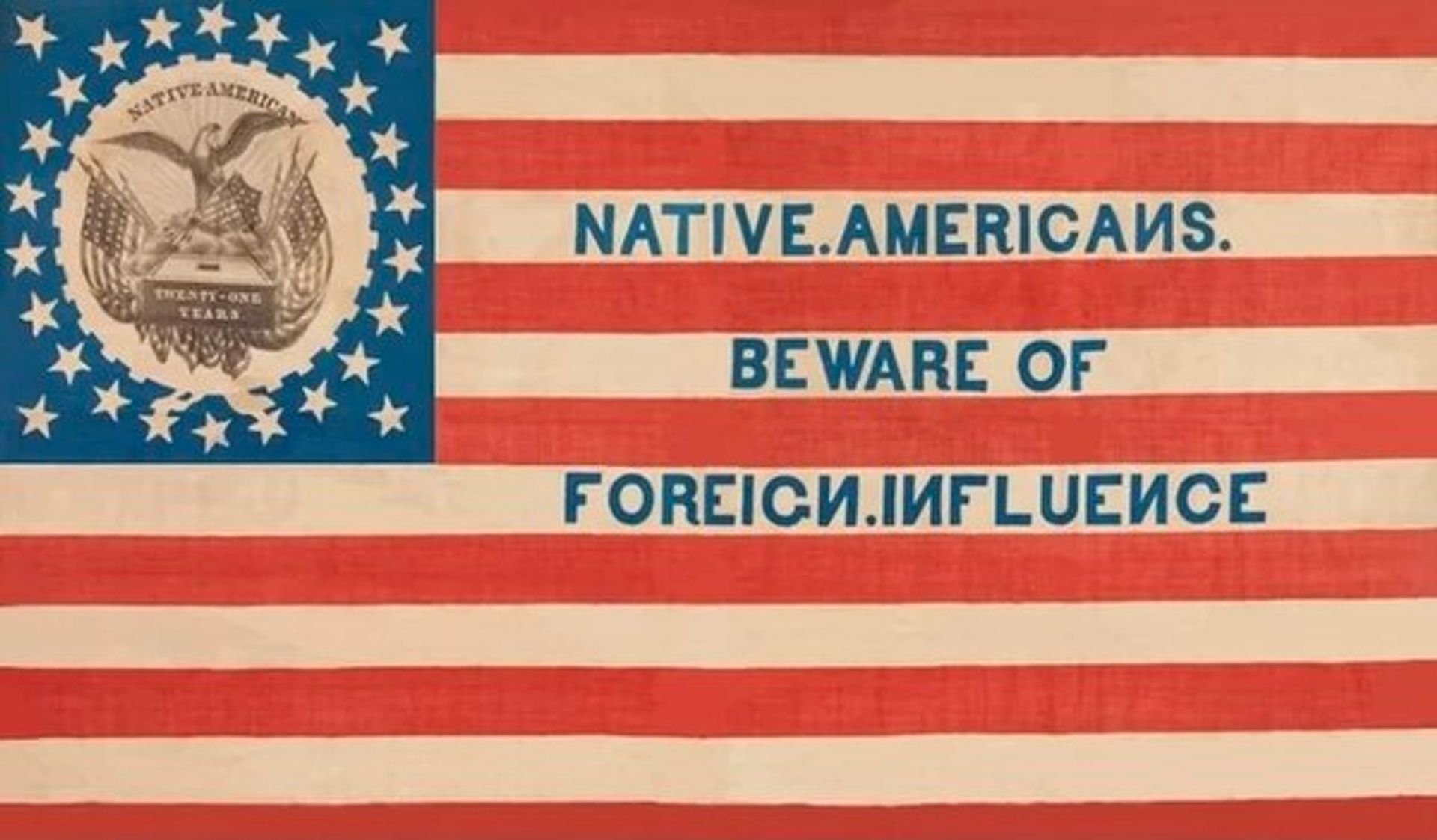
Know Nothing
Summary
The Know Nothing movement, known for its nativism and hostility towards immigrants, particularly Catholics, is perceived extremely negatively in historical contexts. This 19th-century political party exemplifies the darker side of American politics, fueled by fear and prejudice. The movement's infamous practice of secrecy and denial—answering inquiries with 'I know nothing'—reflects its evasive nature and lack of accountability. The legacy of the Know Nothings serves as a warning against similar contemporary movements that foster division and intolerance. Overall, the perception of this party is largely that of a cautionary tale about the dangers of nativism and bigotry in America.
Source Analysis
The analysis of the entity's perception leans heavily on historical critiques found in academic sources and historical documentaries. Channels such as PBS and historical journals discuss the Know Nothings in the context of American xenophobia and political manipulation, often labeling the movement as a precursor to modern nativist sentiments. The critical discussions center around the implications of their policies and the societal fear they exploited, marking a consensus on their damaging legacy.
Trending Topics
Emerging discussions around contemporary nativism, immigration reform, and religious discrimination echo the sentiments of the Know Nothing movement, highlighting a troubling resurgence of similar ideologies in current American politics.
Why These Topics Are Trending
These discussions are trending as they draw parallels between historical attitudes and current political climates, where divisive rhetoric and anti-immigrant sentiments are becoming more common. This indicates a potential cycle of repeating history, prompting debates about the lessons learned from the Know Nothing era.
Sentiment Breakdown:
Detailed breakdown of public sentiment and conversations about this political party.
Impact vs Sentiment
See how each entity's high impact percentage relates to their positive sentiment percentage from actual mentions.
